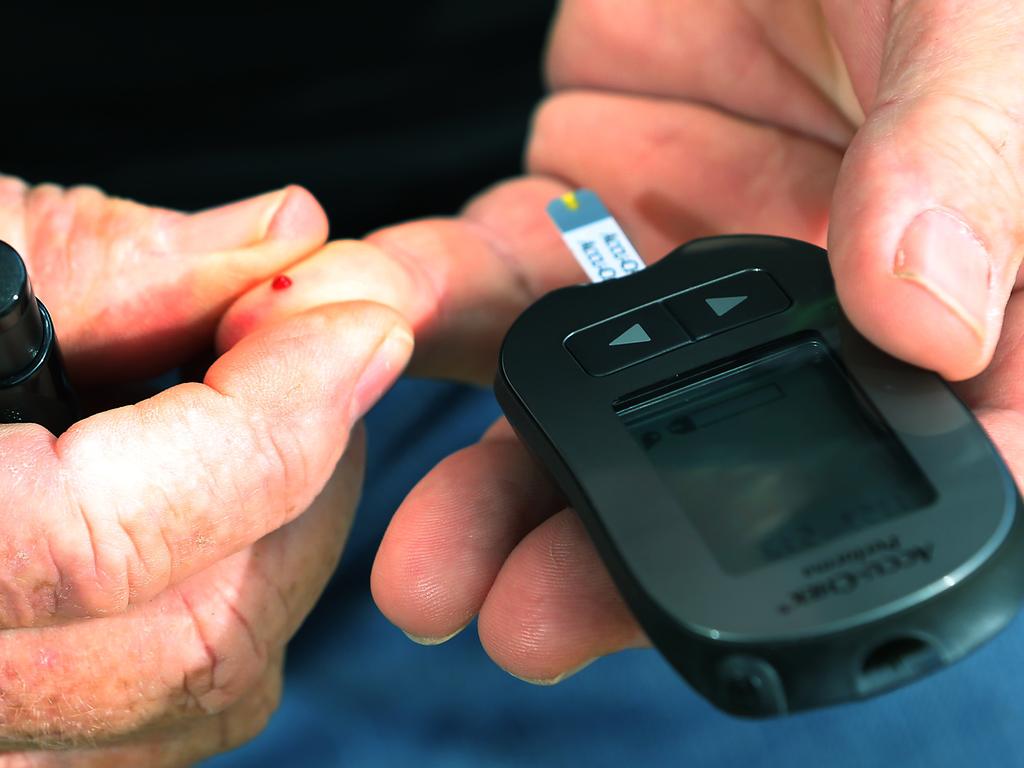Industry tactics to protect profits for bogus spinal surgery revealed
The medical device industry has been accused of employing similar tactics to the tobacco lobby amid controversy over dubious spinal cord stimulation surgeries.

The medical device industry has been accused of employing similar tactics to the tobacco lobby in seeking to undermine independent research to protect their profits amid controversy over dubious spinal cord stimulation surgeries that are costing taxpayers millions of dollars.
Independent researchers from the University of Sydney have revealed a pattern of intimidation by device companies who fund alternative studies that attack the credibility of independent research to jettison a push to halt the taxpayer funding of bogus surgeries.
Spinal cord stimulators are implantable devices that are inserted into the back during surgery, and send low levels of electricity directly into the spine, ostensibly to relieve pain in people with chronic back pain.
A Cochrane Review by the University of Sydney, which analysed the results of 13 clinical trials involving 699 patients, recently found that spinal cord stimulation did not provide long-term relief and might cause harm.
The clinical trials examined in the review included several randomised controlled trials, which are the most robust method to measure effectiveness of a treatment in medical research.
Cochrane reviews are highly trusted in the research community due to their rigorous methods that combine evidence from multiple sources to reducing the impact of bias and random error.
Other independent research has also found no benefit on pain and risk of harms from spinal cord stimulation.
In the wake of the research, the medical device industry geared up to produce industry-funded counter evidence in tactics likened to that of the tobacco lobby, according to University of Sydney researchers Adrian Traeger and Lisa Bero, writing in the Journal of the American Medical Association.
Independent researchers have also had their credibility personally attacked. “We and other independent researchers of spinal cord stimulation have been accused of being incompetent, naive, or ourselves conflicted,” Dr Traeger and Dr Bero said.
“The responses to recent research on spinal cord stimulation illustrate how corporations continue to undermine independent science. Independent scientists are also at risk of industry-led attacks in the media, lawsuits, and attempts to have them expelled or sanctioned by their institutions.”
Spinal cord stimulation is a billon-dollar industry and each device that is implanted, together with its batteries and leads, costs taxpayers and health funds tens of thousands of dollars. There were 1351 spinal cord stimulator insertion procedures in 2022-23, with the average cost per patient $58,377.
Health fund data shows 27 per cent of privately insured members who receive the technology will require surgical reintervention within 12 months, and this grows to 41 per cent at three years. That compares with only 2 per cent for joint replacements.
Harms to patients, including deaths, have been brought to the attention of health authorities and the safety and efficacy of the devices are now under review.
Private Healthcare Australia chief executive Rachel David said health fund representatives had also been subject to similar intimidation after questioning the safety and efficacy of the devices. Health fund industry investigations have found spinal cord stimulation surgery has very high rates of revision and low rates of patients reporting any improvement in pain.
“This technology has been around for about 20 years and there was no point where a proper clinical trial was ever done before it was funded,” Dr David said. “We’ve been put in a position where we’re being forced to fund a technology being marketed heavily to desperate patients, which is at best low-value care, and at worst is harmful. It’s an absolute licence to print money once you get one of these batteries into someone’s spine.”
Dr David said the health funds industry had observed a wide range of tactics by the device industry aimed at controlling the narrative and suppressing criticism of spinal cord stimulators, including funding a wide range of professional development of doctors and researchers and events and employing lobbyists.
Dr Traeger is now calling for scientific journals to collectively refuse to accept funding or publishing work from industry-funded researchers.








To join the conversation, please log in. Don't have an account? Register
Join the conversation, you are commenting as Logout